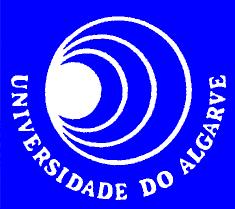
Comments: download file (pdf
)
Ref.: MsC Thesis, University of Algarve, January 2012
Abstract:
One of the challenges in the present underwater acoustic communication systems is to combat the underwater channel effects which results in time and frequency spreading of the transmitted signal. The time spreading is caused by the multipath effect while the frequency spreading is due to the time variability of the channel. The main purpose of this work is to address these problems and propose a possible solution to minimize these effects and to improve the performance of the underwater communication system.
The passive Time Reversal (pTR) equalizer has been used in underwater communications because of its time focusing property which minimizes the time spreading effect of the underwater channel. In order to compensate for the frequency spreading effect, an improved version of pTR was proposed in the literature, called Frequency shift passive time reversal (FSpTR).
In order to understand the effects of geometric variations on the acoustic signals, a Doppler based analysis technique, called Time Windowed Doppler Spectrum (TWDS), is proposed in this work. The principle of TWDS is to analyze the temporal variations of the Doppler spectrum of different arrivals received at a hydrophone. The results show that each arrival is affected in a different manner by the same environmental variation.
In this dissertation, an arrival-based equalizer is proposed to compensate for the environmental variations on each arrival. Due to complex multipath structure of the underwater channel, the arrivals are merged into one another in time and it is very difficult to separate them. The beamforming technique is used, in this work, to separate different wavefronts on the basis of angle of arrival. The arrival-based equalizer compensates for the environmental variations on each arrival separately using the FSpTR equalizer. The proposed equalizer is tested with the real data and the results shows that the proposed approach outperforms the conventional FSpTR equalizer and provides a mean MSE gain up to 3.5 dB.